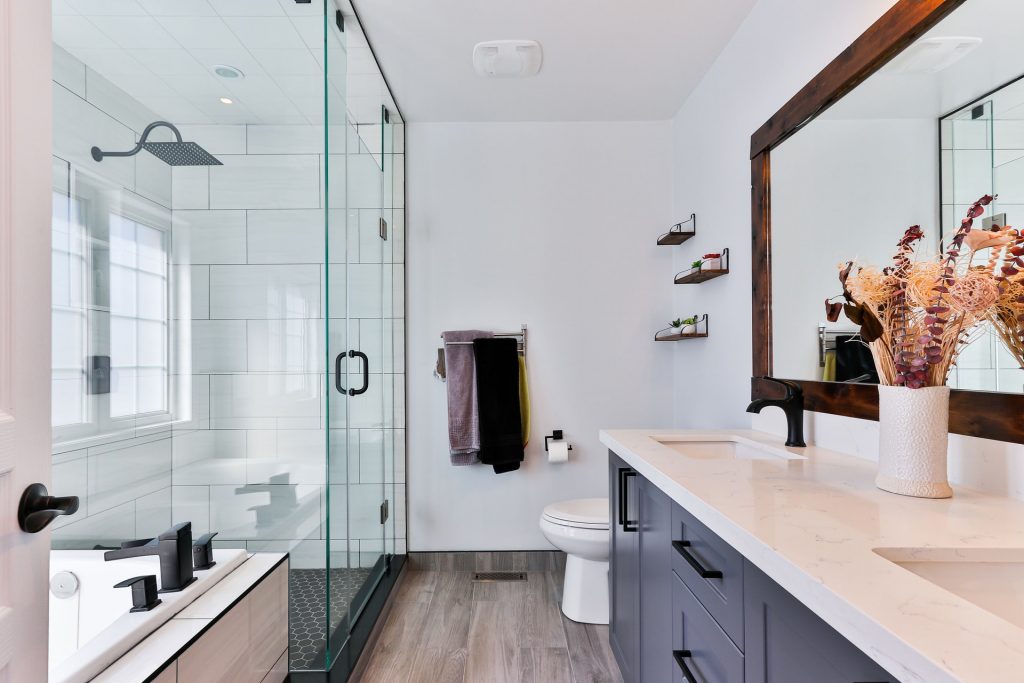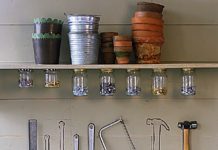Boilers play a critical role in heating systems, whether for residential, commercial, or industrial applications. Proper maintenance is crucial to ensure that a boiler operates efficiently, safely, and reliably throughout its service life. Regular maintenance helps prevent breakdowns, extend the lifespan of the equipment, and optimize energy efficiency. This article provides a comprehensive overview of essential boiler maintenance practices and tips.

1. Understanding Your Boiler
Before delving into maintenance practices, it’s important to understand the different types of boilers and their components. The two main types of boilers are:
- Combi Boilers: These provide both heating and hot water directly from the boiler.
- System Boilers: These require a separate hot water cylinder but are efficient for homes with higher hot water demands.
- Regular (Conventional) Boilers: These are used with a separate hot water tank and are commonly found in older homes.
Key components of a boiler include the burner, heat exchanger, controls, and the flue system.
2. Regular Inspections
Routine inspections are essential to identify potential issues before they become major problems. Key aspects to check during inspections include:
- Flue System: Ensure that the flue is not blocked and that it is properly ventilated to expel gases safely.
- Pressure Levels: Check the boiler pressure regularly. Most boilers operate efficiently at a pressure between 1 and 1.5 bar. Low pressure can indicate leaks or other issues.
- Leaks: Inspect the boiler and surrounding areas for any signs of leaks, which could indicate a serious problem.
3. Cleaning and Descaling
Over time, boilers can accumulate dirt, sludge, and scale. Regular cleaning helps maintain efficiency and prevent breakdowns.
- Cleaning the Heat Exchanger: The heat exchanger can accumulate soot and debris, reducing efficiency. Periodic cleaning by a professional is recommended.
- Descaling: In areas with hard water, scale can build up inside the boiler and pipes. A descaling agent or chemical cleaner may be necessary to remove this buildup.
4. Checking the Burner

The burner is a crucial component that affects the boiler’s efficiency. Ensure that the burner is clean and functioning correctly. A professional technician can perform a thorough inspection and adjustment if needed.
5. Testing Safety Devices
Boilers are equipped with various safety devices to protect against malfunctions and hazards. Regular testing of these devices ensures they are working properly:
- Pressure Relief Valve: This valve releases excess pressure to prevent damage. Test it regularly to ensure it operates correctly.
- Thermostats and Controls: Verify that thermostats and control settings are accurate and responsive. Incorrect settings can lead to inefficient heating and increased energy costs.
6. Annual Servicing
An annual service by a qualified technician is highly recommended. During this service, a professional will:
- Inspect all components of the boiler.
- Clean and adjust the burner and heat exchanger.
- Check for and address any potential issues.
- Ensure that the boiler complies with safety regulations and standards.
7. Keeping Records
Maintain a detailed record of all maintenance activities, inspections, and repairs. This record helps track the boiler’s condition over time and can be valuable for warranty purposes.
8. User Maintenance Tips

In addition to professional maintenance, homeowners can perform some simple tasks to keep their boiler in good condition:
- Check the Pressure Regularly: Monitor the pressure gauge and top up the system if necessary.
- Bleed Radiators: Air trapped in radiators can reduce heating efficiency. Bleed radiators periodically to remove trapped air.
- Listen for Unusual Noises: Strange noises, such as banging or whistling, can indicate issues. Report these to a professional technician.
9. Addressing Common Problems
Some common boiler issues and their solutions include:
- Boiler Not Heating: Check the thermostat settings and ensure that the boiler is turned on. If the issue persists, it may be a problem with the burner or controls.
- Low Pressure: Low pressure can be caused by leaks or air in the system. Refill the system as needed and check for leaks.
- No Hot Water: Ensure that the hot water settings are correct. If the problem continues, it may require professional attention.
Conclusion
Regular boiler maintenance is essential for ensuring optimal performance, safety, and longevity. By understanding your boiler, performing routine inspections, and scheduling annual professional servicing, you can prevent issues and maintain efficient operation. Keeping detailed records and addressing common problems promptly will help keep your boiler in top condition for years to come.
Thanks to rowlen.co.uk for consulting on this post.
























